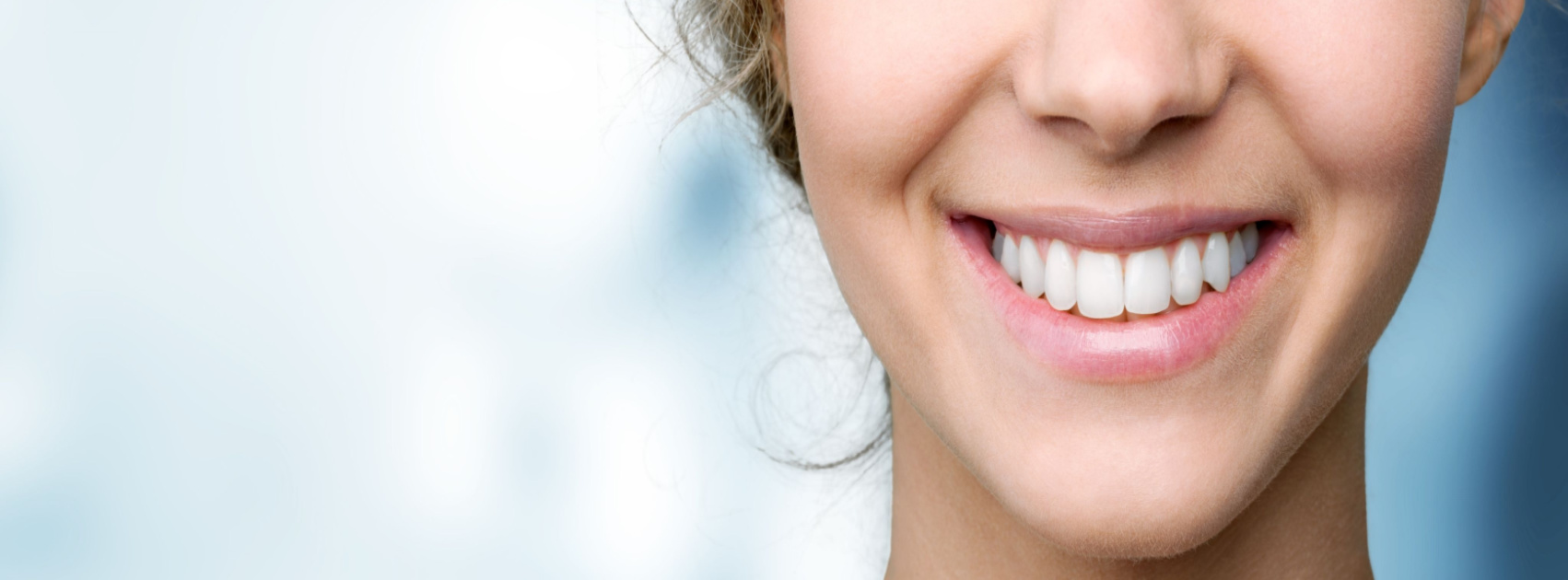Everyone knows that healthcare is extremely costly. And one of the most expensive things to take care of in terms of healthcare is your teeth. Finding adequate dental care can be emotionally and financially exhausting, especially when your job doesn’t provide dental insurance or you are unemployed.
In this article, we’ll be going over several dental care tips that can help you take care of your teeth when you may not have any extra money to spare.
Exploring Low or No-Cost Dentistry Options
If you can’t find a local dentist with reasonable fees, look for community dental clinics in your area. These clinics provide dentistry for low-income patients in the community. Sometimes the dental services are free; other times, they will treat you on a sliding scale.
Additionally, look for a nearby dental school. You can often be seen or treated for free by students learning dentistry. Additionally, you could have a conversation with your local dentist and see if you can negotiate their prices down. Many dentists are used to negotiation!
You may also like: How to stay healthy on a budget.
General Tips for Healthy Teeth
Many low-cost dental options still require you to have quite a bit of money up-front, so you may not be able to pay. Additionally, dentistry becomes even more expensive when you actually have a problem you need to fix, like a cavity. For that reason, you should always be doing things that help improve your teeth and protect against things like cavities or abscesses.
In the following sections of the article, we will be discussing many no-cost or low-cost things you can do daily to improve the health of your teeth and help you avoid going to the dentist.
Brush Teeth Twice A Day
Brushing your teeth twice a day (or three times) is absolutely crucial to maintaining the health of your teeth. When you brush your teeth, you help remove the food and plaque that gets stuck in or around them during the day. Plaque contains bacteria, and when you let it build up, it can cause major issues for your teeth. Especially when you eat sugary items, plaque can start to eat away at the enamel of your teeth, so it’s vital to brush them each day, preferably two to three times.
Use an Electric Toothbrush and a Water Flosser
If you’ve ever had the pleasure of using a good-quality electric toothbrush or water pick, you’ve likely noticed how clean they made your teeth feel. Dentists often recommend these items for very good reason.
An electric toothbrush can get your teeth cleaner than a regular toothbrush. And a water pick can blast food particles out of hard-to-reach places. It can also help improve the health of your gums when used regularly.
While these two things can be costly, they are worth it if you can find the money. And they can save you thousands in dental bills over time.
Related: Did you know that Branded Surveys offers free Amazon gift cards? This low-maintenance side hustle is easy to do, takes very little time, and can put some extra cash in your pocket for the little luxuries in life.
Make Sure You’re Brushing Properly
Another essential part about brushing your teeth multiple times a day is to make sure you are brushing them properly. There are right and wrong ways to brush your teeth, and you want to make sure you are doing it effectively.
Place your toothbrush at a 45-degree angle to your gums. And move the brush back and forth over all of your teeth. Make sure you get all of the inner and outer tooth surfaces, the chewing surfaces, and your tongue. Finally, make sure you are brushing your teeth for two whole minutes, according to the American Dental Association (ADA).
Use Toothpaste With Fluoride
There are a lot of different kinds of toothpaste on the market. Whether you choose a whitening, strengthening, cavity-reducing, or charcoal-based toothpaste, make sure the toothpaste you choose contains fluoride.
Fluoride is a natural mineral found in the earth that helps prevent cavities and tooth decay. Fluoride provides a protective barrier on your teeth and helps fight off the bacteria that cause cavities, so make sure to include it in your dental routine.
Flossing is Just as Important as Brushing
In your dental care routine, make sure that you prioritize flossing just as highly as brushing. Flossing is not something you can skip if you want to maintain the health of your teeth. And you should get in the habit of doing it every time you brush your teeth.
Flossing doesn’t just get out little pieces of food stuck between your teeth. Flossing also stimulates your gums, helps to reduce plaque, lowers inflammation, and puts you at a lower risk of developing cavities between your teeth. Bacteria between your teeth can cause as much damage as the bacteria on your teeth, so don’t forget to floss!
Does it hurt when you floss?
If you haven’t flossed for a while, flossing might be painful, or your gums may bleed. However, this does not mean you should stop flossing. In fact, it means quite the opposite! Flossing will assist in making and keeping your gums healthier. Eventually, the soreness and bleeding will stop.
Use Mouthwash
Mouthwash is also an important part of dental care. But many people overlook this step. Many either see it as being overkill or an unnecessary task. However, there are a few different ways that mouthwash helps your overall oral health.
For one, mouthwash reduces the amount of acid in the mouth overall. It also cleans any hard-to-reach or missed spots in the mouth and can remineralize the teeth. Particularly for people who have low mobility or find it difficult to brush their teeth, mouthwash is an easy and helpful extra step.
Drink Plenty of Water
Drinking enough water is great for every aspect of your health. You should be drinking at least eight eight-ounce glasses for everyday health, totaling about 64 ounces or two liters. This rule is very easy to follow and should help every aspect of your health overall.
Drinking water after every meal also helps clear out any excess food that’s gotten stuck in the teeth. Additionally, drinking water can easily wash any sticky or acidic residue away.
Crunchy Foods Are Best
Crunchy, fresh, whole foods are great for the health of your gut, mind, and body. But did you know they are good for your teeth, too? Foods that are harder to eat and chew make your jaws and teeth go to work doing what they do best. While processed, soft foods can be great sometimes, they are easier to eat and don’t give your bite much exercise. So put those teeth to work and ingest some green vegetables and crunchy fruits! Prepare these snacks ahead of time and reach for one the next time you get the munchies!
Sugars and Acids Corrode Teeth
Sugar ultimately has acidic properties inside your mouth, and acidic foods are, well… acidic! Sugary, acidic foods erode the enamel of your teeth and promote the growth of bacteria that cause cavities. It would be unreasonable for you to avoid these foods altogether, but it is essential to be mindful of how often you eat them. Additionally, after you have sugary or acidic foods, you should brush your teeth or at least rinse your mouth with mouthwash.
See A Dentist as Often as You Can
Even though this list is all about tips you can do to help your oral health without spending a ton of money, it is still essential to see a dentist whenever you can. Whether every six months or every five years, you should have someone who checks on your teeth every once in a while.
If paying for a dentist is too much of a financial burden on the family budget, look into free or low-cost dental services near you. Contact your local community action agency or the closest human services office. Even if you have to wait months for an appointment, it’s worth having your teeth examined by a professional.













